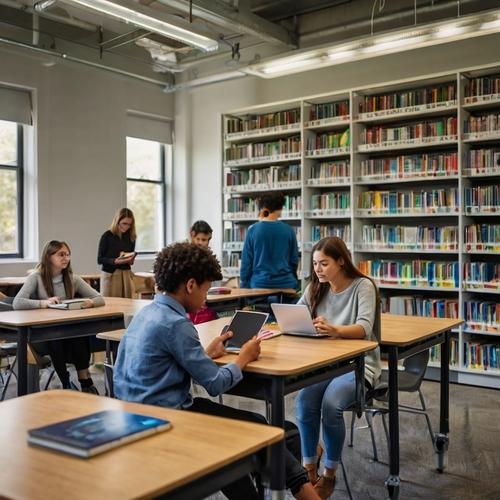Future Trends in the Ethiopia Education Sector by 2031

Introduction
Education is a powerful tool for shaping the future of any nation, and Ethiopia is leveraging this potential to drive its socio-economic development. Over the next decade, the Ethiopia education sector is poised to undergo significant transformations, reflecting the country’s ambition to create an inclusive and modernized education system.
Current Progress in the Ethiopia Education Sector
The Ethiopia education sector has achieved notable milestones in improving access to education, particularly at the primary level. However, challenges such as teacher shortages, inadequate infrastructure, and regional disparities persist. By 2031, strategic initiatives aimed at addressing these issues are expected to redefine the educational landscape, focusing on quality and inclusivity.
Embracing Technological Advancements
Technology will play a central role in shaping the education trends of 2031. The integration of digital platforms and tools is already underway, with initiatives aimed at improving access to learning resources for underserved communities. By 2031, Ethiopia is likely to witness widespread adoption of online education, AI-driven teaching systems, and digital assessments, creating a more personalized learning experience for students.
Strengthening Early Childhood and Secondary Education
Investments in early childhood education are set to increase, with the government recognizing its importance in laying a strong foundation for lifelong learning. Additionally, reforms in secondary education will prioritize skill development, critical thinking, and global competencies, preparing students for higher education and employment opportunities.
Addressing Regional and Gender Disparities
Reducing disparities in educational access remains a priority for Ethiopia. Programs targeting rural areas, marginalized communities, and girls aim to close the gap and ensure equitable opportunities. By 2031, these efforts are expected to yield significant progress in achieving universal education and fostering social cohesion.
Collaboration for Sustainable Growth
The role of international organizations and private-sector partnerships cannot be understated. Through financial aid, technical expertise, and innovative solutions, these collaborations are helping Ethiopia accelerate its educational reforms. By 2031, sustained global partnerships will continue to drive improvements in infrastructure, teacher training, and curriculum development.
Conclusion
The Ethiopia education sector is on a transformative journey, with trends indicating a future defined by inclusivity, technology, and sustainability. As the country strives to overcome its challenges, the vision for 2031 promises an education system that equips its youth with the skills and knowledge needed for a prosperous future.
- Art
- Causes
- Crafts
- Dance
- Drinks
- Film
- Fitness
- Food
- Oyunlar
- Gardening
- Health
- Home
- Literature
- Music
- Networking
- Other
- Party
- Religion
- Shopping
- Sports
- Theater
- Wellness


